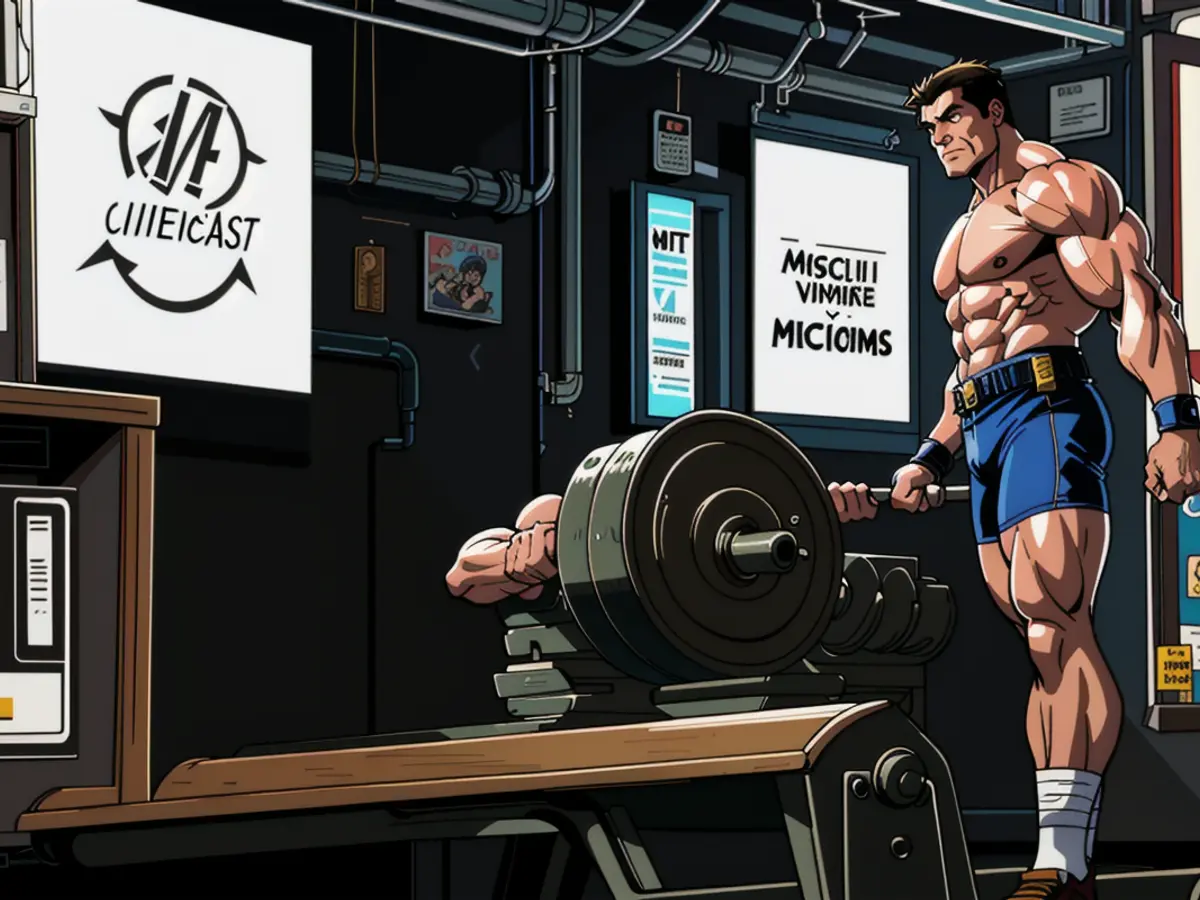Trump proposes levying a 25% import duty on automobiles, microchips, and pharmaceutical products.
Trump's latest move in trade policy involves implementing a 10% tariff on various goods from China and escalating import duties on steel and aluminum to 25%. He's also hinted at further hiking tariffs on semiconductor chips and medication in the coming year, explaining, "It'll go substantially higher over a course of a year." However, he desires to give businesses time to relocate their manufacturing units to the U.S. to dodge tariffs, expressing, "We want to give them a little bit of a chance."
This announcement follows Trump ordering an investigation into foreign nations' tax and tariff policies, paving the way for reciprocal tariffs to be implemented as early as April 2, concluding the investigation. This was recently disclosed by Howard Lutnick, Trump's Commerce Secretary pick. Trump's strategy underscores his quest for a more balanced trade with foreign markets and reshoring strategic industries.
This tariff push could have far-reaching effects, impacting various sectors beyond those directly affected. Economists and industry experts have warned that consumers may face higher prices, and businesses will incur additional costs. Automobile buyers, in particular, might have to shell out extra thousands of dollars for their vehicles, given that nearly half of U.S. car sales in 2023 were imports.
However, Trump has opened up about whether the 25% tariff will be levied across the board on all countries or if products manufactured in Mexico and Canada under the U.S.-Mexico-Canada Agreement will be exempted.
In the semiconductor industry, U.S. companies like AI chipmaker Nvidia dominate, but manufacturing has long been outsourced overseas due to lower costs and technical constraints. Taiwan Semiconductor Manufacturing Company (TSMC) has been a pioneer in contract chipmaking, producing chips for others without bearing their name. TSMC has plants in Arizona, announced during Trump's initial term.
The tariff threat on chips could most acutely affect Asian chip giants such as TSMC, Samsung, and SK Hynix, whose manufacturing largely remains in Asia. The threat could also inspire these companies to accelerate plans to expand or establish operations in the U.S.
As for the pharmaceutical industry, the U.S. was the largest importer of pharmaceutical products in 2023, purchasing $176 billion worth of drugs and related goods. European and Indian companies could bear the brunt of higher tariffs, with Ireland accounting for the most significant pharmaceutical imports, followed by Germany and Switzerland.
In 2023, 20.4% of pharmaceutical imports came from Ireland, 10.8% from Germany, 8.6% from Switzerland, 6.2% from India, and 3.4% from China. The proposed tariffs could indeed impact global supply chains, possibly leading to brief disruptions in the short term and long-term changes in manufacturing dynamics for various companies and countries.
- Businesses within the economy, particularly in the automobile sector, have been warned by economists and industry experts that consumers may face higher prices and businesses will incur additional costs due to Trump's tariff policies, potentially leading to higher vehicle prices by thousands of dollars in 2023.
- Lutnick, Trump's Commerce Secretary pick, revealed that an investigation into foreign nations' tax and tariff policies has been ordered, paving the way for reciprocal tariffs to be implemented as early as April 2, affecting various sectors beyond those directly affected.
- In the semiconductor industry, Asia-based chip giants like TSMC, Samsung, and SK Hynix may bear the brunt of higher tariffs, but the threat could also inspire them to accelerate plans to expand or establish operations in the U.S., potentially affecting their manufacturing dynamics and bearing costs of establishing operations in a new country.






